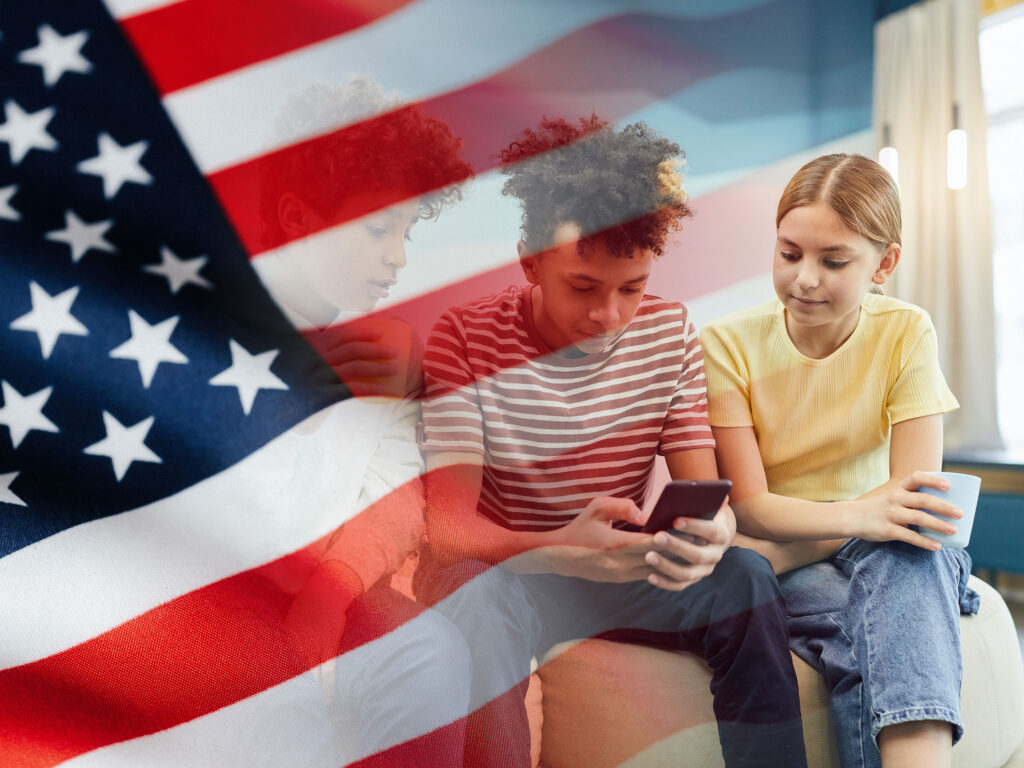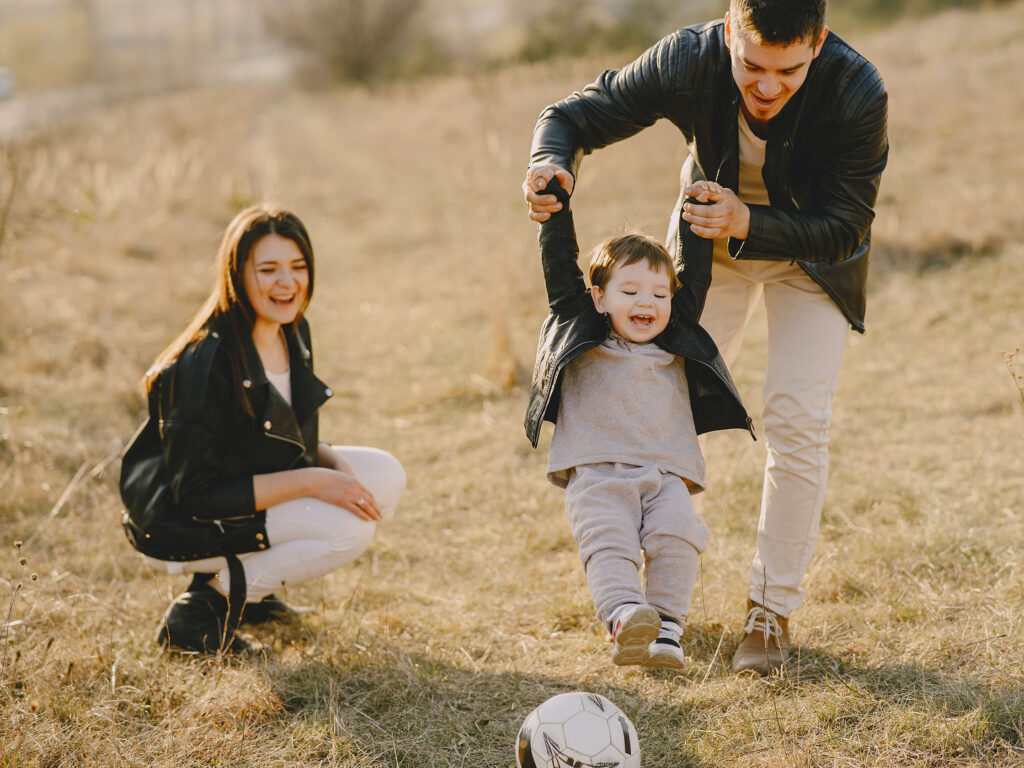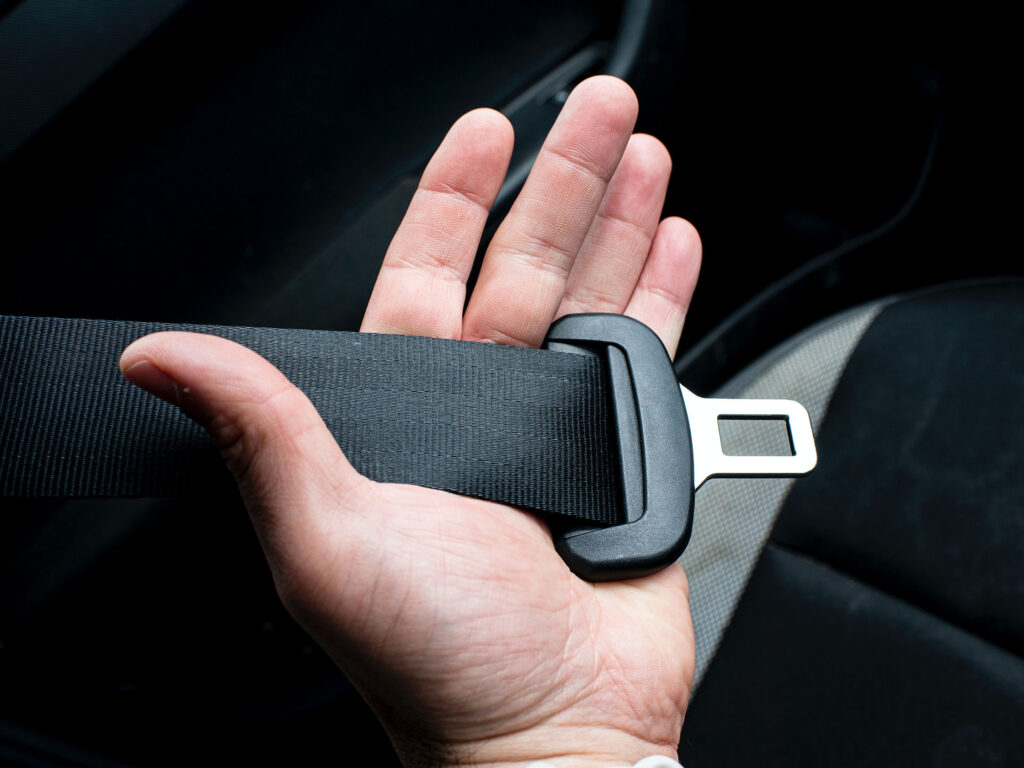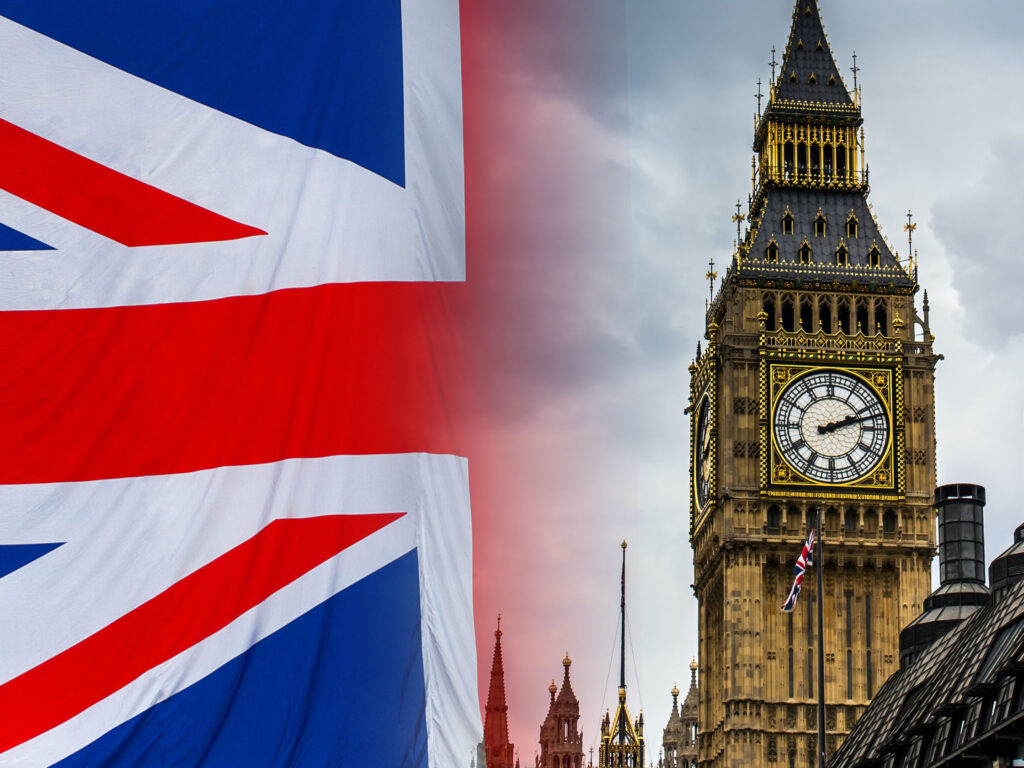Have you found yourself wondering what exactly is the US Kids Online Safety Act (KOSA)? Or even the UK Online Safety Bill (Britain’s equivalent)? If so, then rest assured you have come to the right place! How to keep children safe online is actually a very complex issue indeed. Enter KOSA (The Kids Online Safety Act), introduced by R. Blumenthal (R-TN) and M. Blackburn (R-TN). In this article we’ll pinpoint some key aspects, taking a look at why KOSA exists, how it works and cover any potential draw backs for all other internet users.

Whilst some home based best practices for children’s online safety should ALWAYS be employed such as the KOS Safety B.E.L.T. technique, the KOSA act takes a different approach in order to minimise the vast swathes of potentially innapropriate content that may reach children whilst online.
It is a reintroduction of the original act from 2022 with slight modifications aimed to address previously expressed concerns of doing more harm than good. Intended as beacon of protection to keep children safe across all staets the US Kids Online Safety Act aims to address the well being of children by making social media platforms more accountable and is endorsed by the American Psychological Association amongst others.
So lets delve into specifically what this act entails…
Under the act social media platforms must through their design and services prevent/ mitigate any spread or promotion of the following topics:
- Eating disorders
- Substance abuse
- Depression
- Anxiety
- Suicide
The platforms would also be responsible for:
- Enabling the safest setting by default
- disabling addictive features
- Opting out of algorithmic recommendations by default
- An annual independent audit assessing risks to minors
That’s great! But What’s the catch?
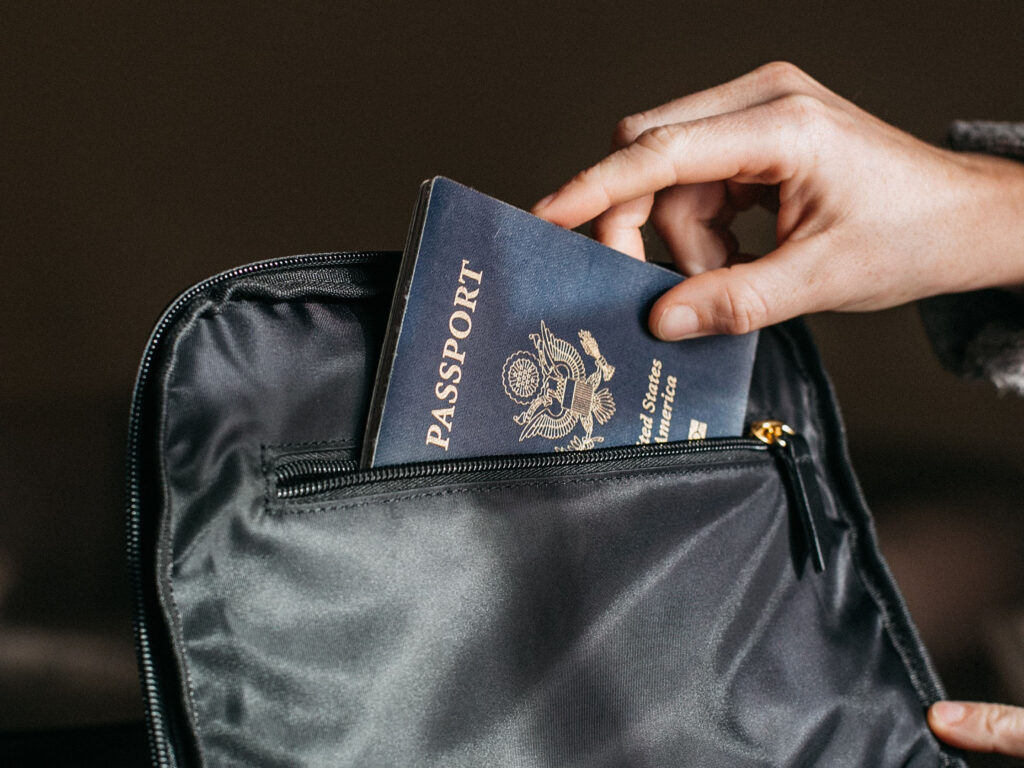
Critics of the act cite the introduction of KOSA could lead directly to age verification as platforms would need to know if minors are present on their platform. Potentially leading to all users (including adults) being required to upload personally identifiable official documentation, biometric or other private data.
The concern is these methods could potentially be bypassed by the very children they aim to protect and whilst at the same time jeopardising all other users data, privacy and security. With the alternative approach being to skip age verification and censor all information/ content for everyone regardless of age.
Will the Kids Online Safety Act lead to censorship of the internet for all?
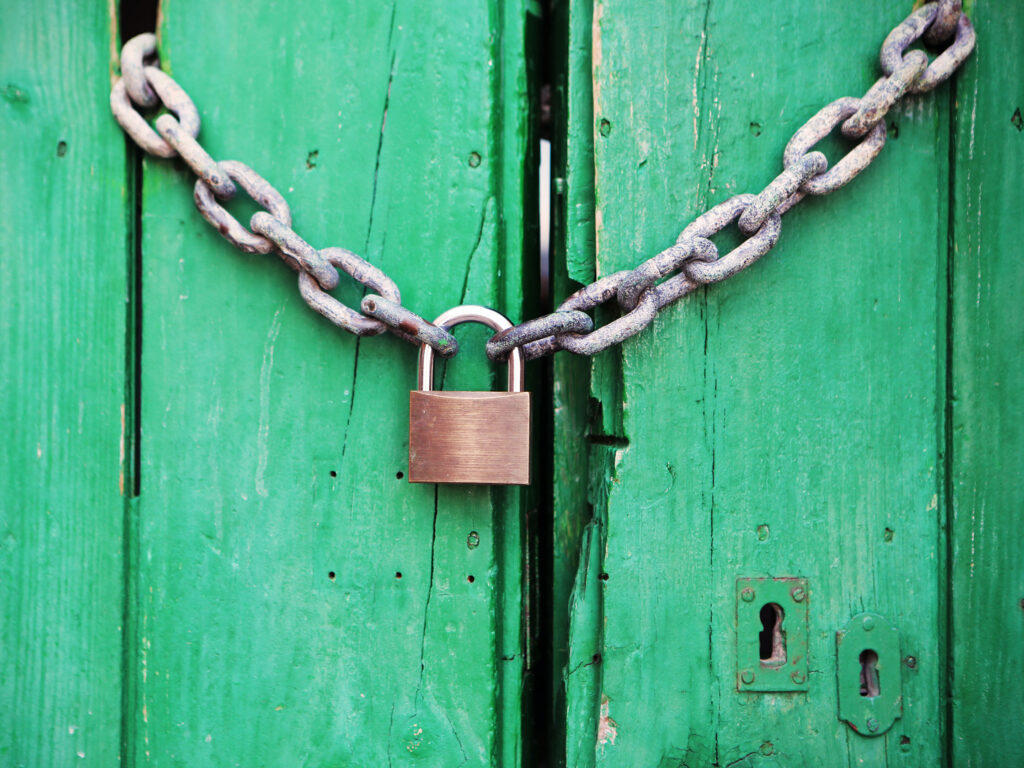
Although the bill has now been adapted to address some of the concerns from over 100 civil societies and the LGBTQ+ community many still feel that the act could further limit free speech enabling the state attorney generals to be judge and jury of what information is deemed appropriate. Thus affecting the safety and rights of its target audience.
Without a clear blueprint regarding specific amendments to be made it is widely assumed that the default position of many social media platforms would be to overly censor content and discussions by default in order to prevent any sort of liability.
Will the Kids Online Safety Act keep our children safe?
What do you think? Would this bill actually improve our kids online safety? What are your opinions on the loss of privacy and potential censorship for adults? I would love to hear your thoughts on one of our social media platforms below! (coming soon).
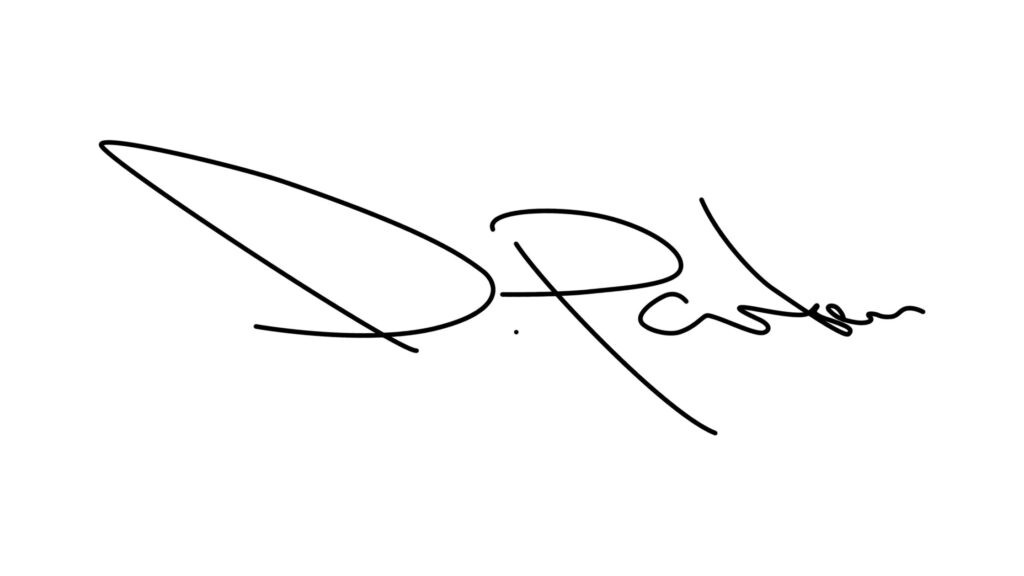
DISCLOSURE: We have worked closely with some of the biggest brands to ensure many of the featured products give our readers the very best deals. If purchased through the links provided we may receive a small commission and YOU ARE A STAR! As by doing so you are part of the community and actively helping to keep children safe online. Thank You!

